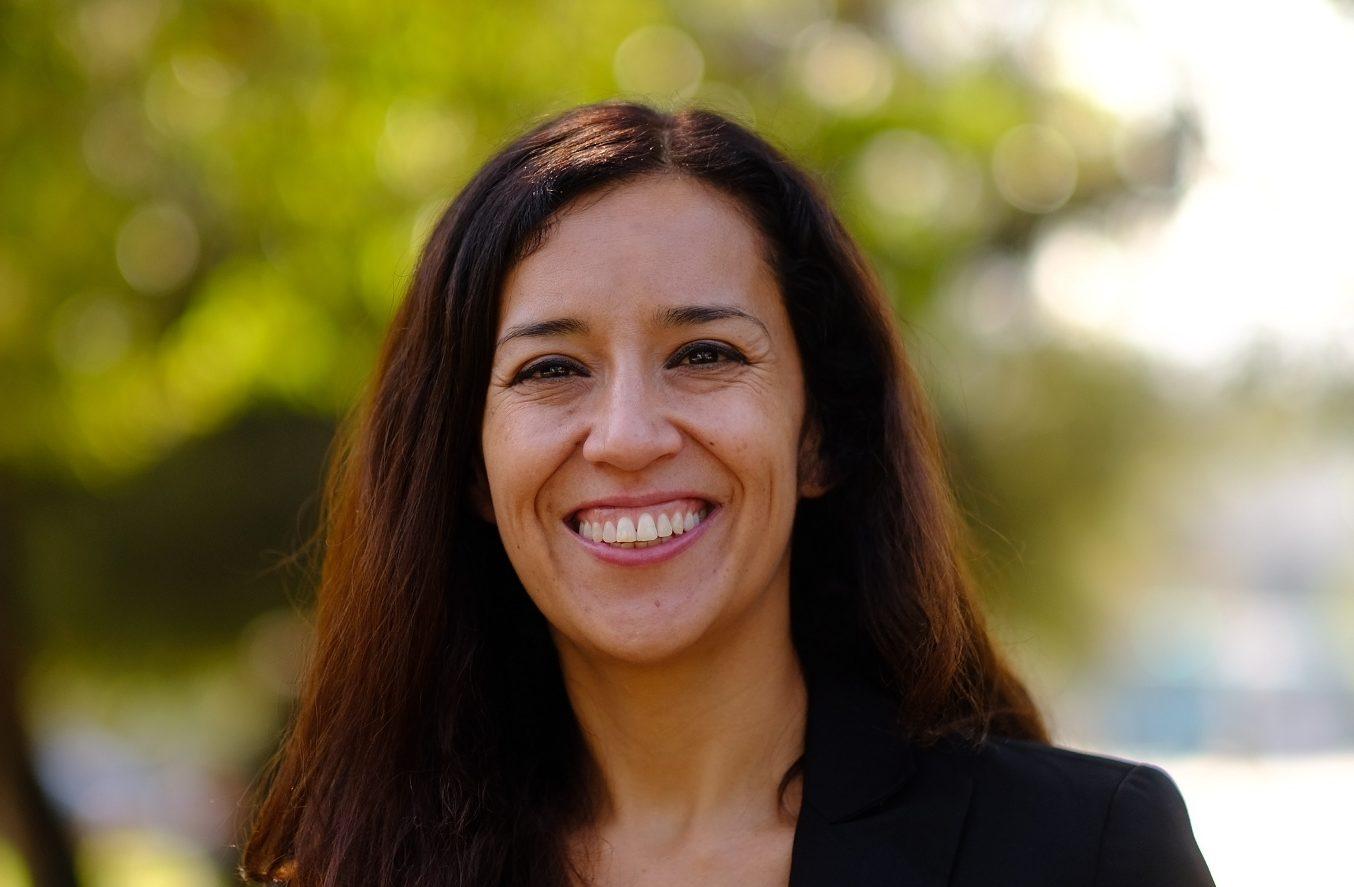Water and climate change: a problem of public assets
By Mayarí Castillo
Our country has experienced a sustained decline in rainfall, especially in the regions of the center of the country. According to CR2 data, between the IV and the IX region since 2010 there is a 30% rainfall deficit, which added to the high temperatures that have exacerbated the evaporation of the waters, have set up a scenario of big drought unprecedented in our country. This phenomenon, closely related to the current state of climatic emergency in which we find ourselves, has dramatic effects: the rivers in this area reached a deficit of up to 70% of their flows, a fact also registered for the reservoirs and other sources of groundwater.
In Chile, one of the 10 countries most affected by climate change, the water problem is becoming critical. It is impacting local economies and the supply of drinking water in multiple territories of our country. Between 2011 and 2014, Onemi's expenses in water distribution in trucks to the population has tripled, being the IV, V and VIII the most affected regions. The effect of this big drought is not the same for everyone: in a scenario of water scarcity, there is a significant concentration of water rights in the hands of private companies, especially in those regions where there are mining or agribusiness enclaves, that over time has been causing depletion of the basins and underground napas. As an example of this and according to DGA data, it is that in the region where Chuquicamata is located, one of the most arid in the world, 95% of the groundwaters is already registered in the name of the mining companies.
This fact has been in the debate this year after the amendment to the Water Code, legal device enacted in the eighties that enshrines the existence of private water resources. The discussion, ignited by the intention of incorporating indications that allow the delivery of water rights in perpetuity to private parties, has reached the heart of the problem of water resources in Chile: we must re-establish in the debate that when we talk about water we are talking about a public asset. From this perspective, its ownership, use and distribution in an emergency scenario due to climate change, should have the welfare of the population as a priority. The discussion on the modification of the Water Code has not systematically and seriously incorporated that the data indicate that scarcity is not an exceptional event: from the effects of climate change, it will be a prolonged and recurring phenomenon, which requires state actions to guarantee the basic supply for the population and their well-being.
In this scenario it is also convenient to discuss from this point about the drinking water supply service of the cities, currently in private hands, put on the table in recent years due to the massive cuts of Aguas Andinas in Santiago and the recent situation of Osorno. These situations of shortage have demonstrated the limits of our institutionality, including in the pursuit of sanctions and reparation of situations of such extreme gravity, which affect the normal development of the activities of entire cities and the rights of their inhabitants. Thus, when we talk about mitigating and preparing to face the challenges that climate change imposes on us as a nation and as a future host of COP25, it is essential that we be able to review our own way of thinking about water in this emergency context, taking into account the priorities established by the human right to water, enshrined in the Universal Declaration of Human Rights.
Link to the original source (La Tercera)


